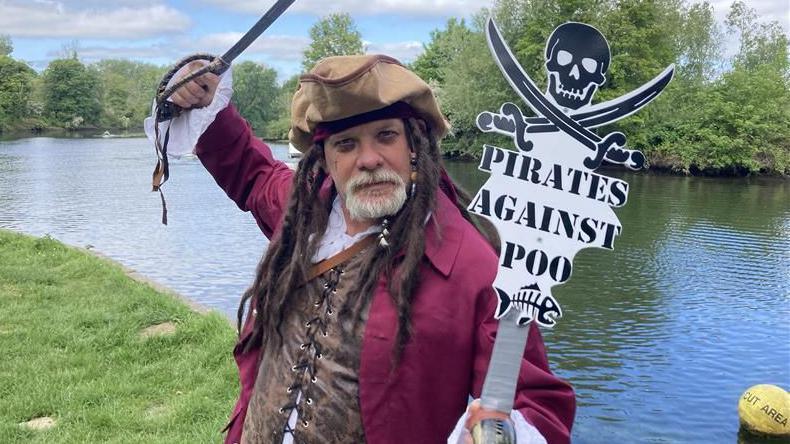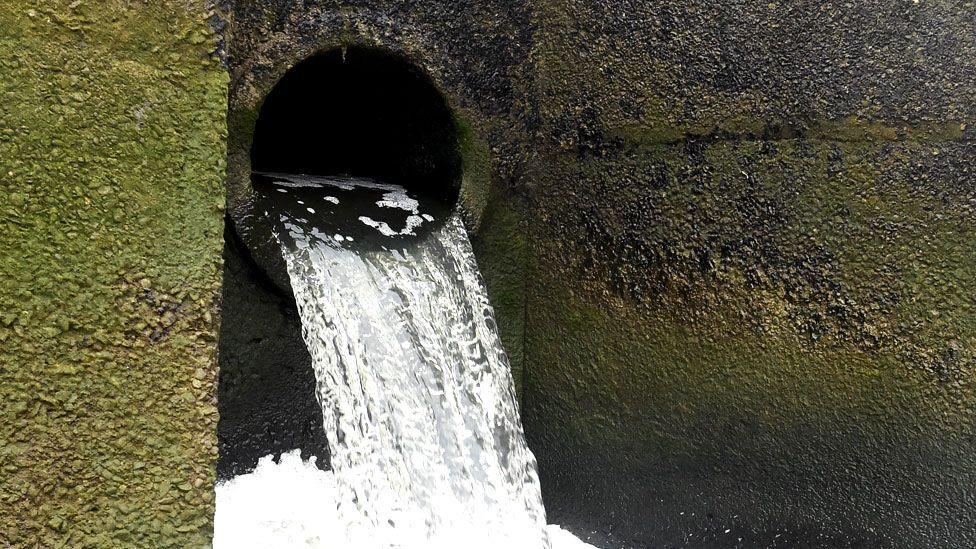What are nitrates and should we be worried about our tap water?
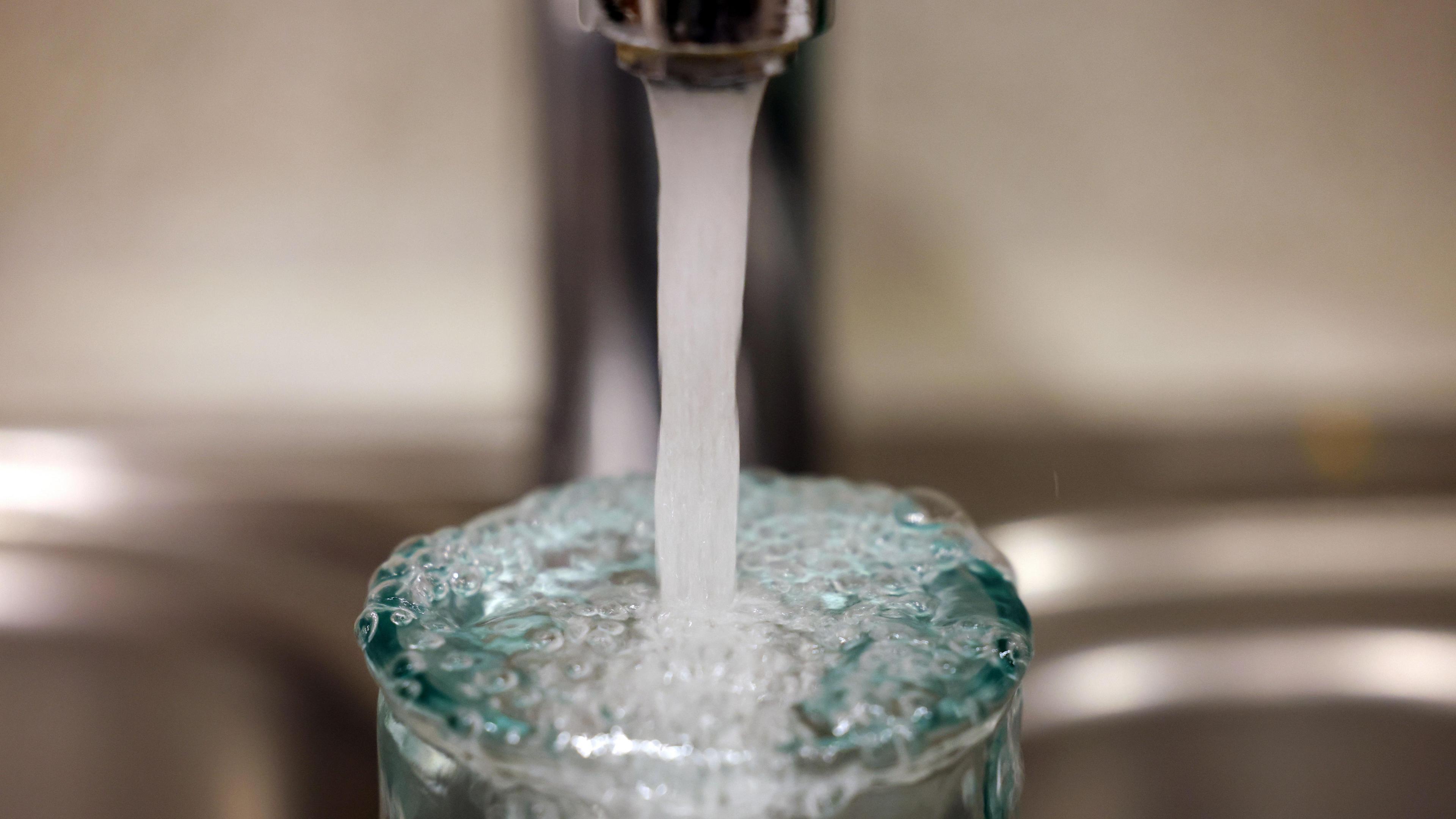
Anglian Water takes raw water from rivers including the River Nar, Wensum and Wissey, in Norfolk
- Published
A water company that has identified rising nitrate levels in raw untreated water is planning to improve some of its treatment sites with almost £50m of investment. Anglian Water says it is being "proactive" with the plans but what are nitrates and are they safe to drink?
A number of its treatment sites take raw water from rivers - including the Nar, Wensum and Wissey in Norfolk - which is then treated and distributed to customers.
However, the Drinking Water Inspectorate (DWI) has identified seven sites at increasing risk of breaching nitrate levels, which would constitute a potential danger to human health.
How is drinking water regulated?
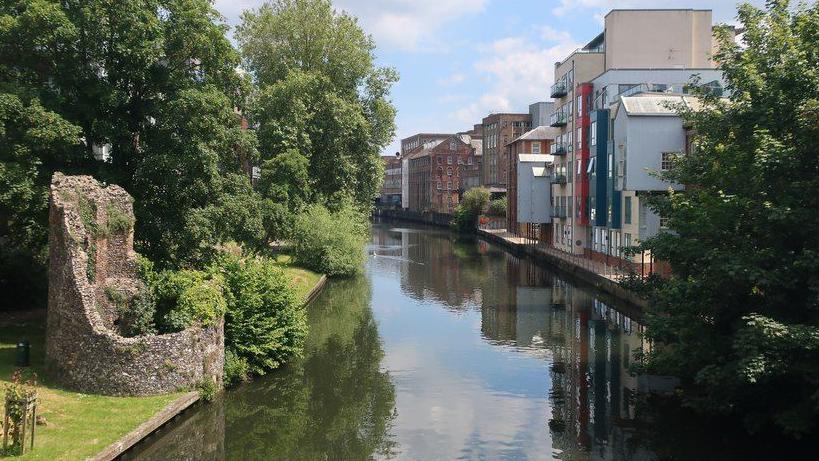
The current drinking water standard for nitrates is 50mg/L
Nitrate removal is part of the process for treating water to make it compliant with regulations, which have been laid out by the DWI.
The first legal standard for nitrate, external was set in 1980 and the current drinking standard is 50mg/L.
Since the 1990s, water companies have been required to take remedial action when there is a risk of not meeting this standard.
Where do nitrates come from?
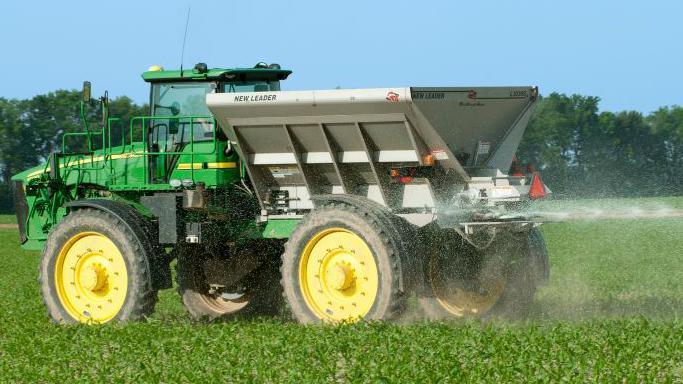
Anglian Water said nitrate concentrations recorded today were a result of historical land management practices
Nitrate is a compound formed from nitrogen and oxygen, and is found in surface water and groundwater where fertilisers have been used on the land.
Rainfall is said to wash nitrate out of the soil, which then runs into lakes, rivers and streams.
Anglian Water said, external excess nitrate in the environment was a consequence of modernisation and intensification of agriculture during and after World War Two.
Due to the slow travel time of nitrate from the soil surface to groundwater sources, nitrate concentrations recorded today are a result of historical land management.
The company warned stricter rules on nitrate limits would further restrict fertiliser use, potentially lowering crop yields and impacting British food security.
What are the health implications?
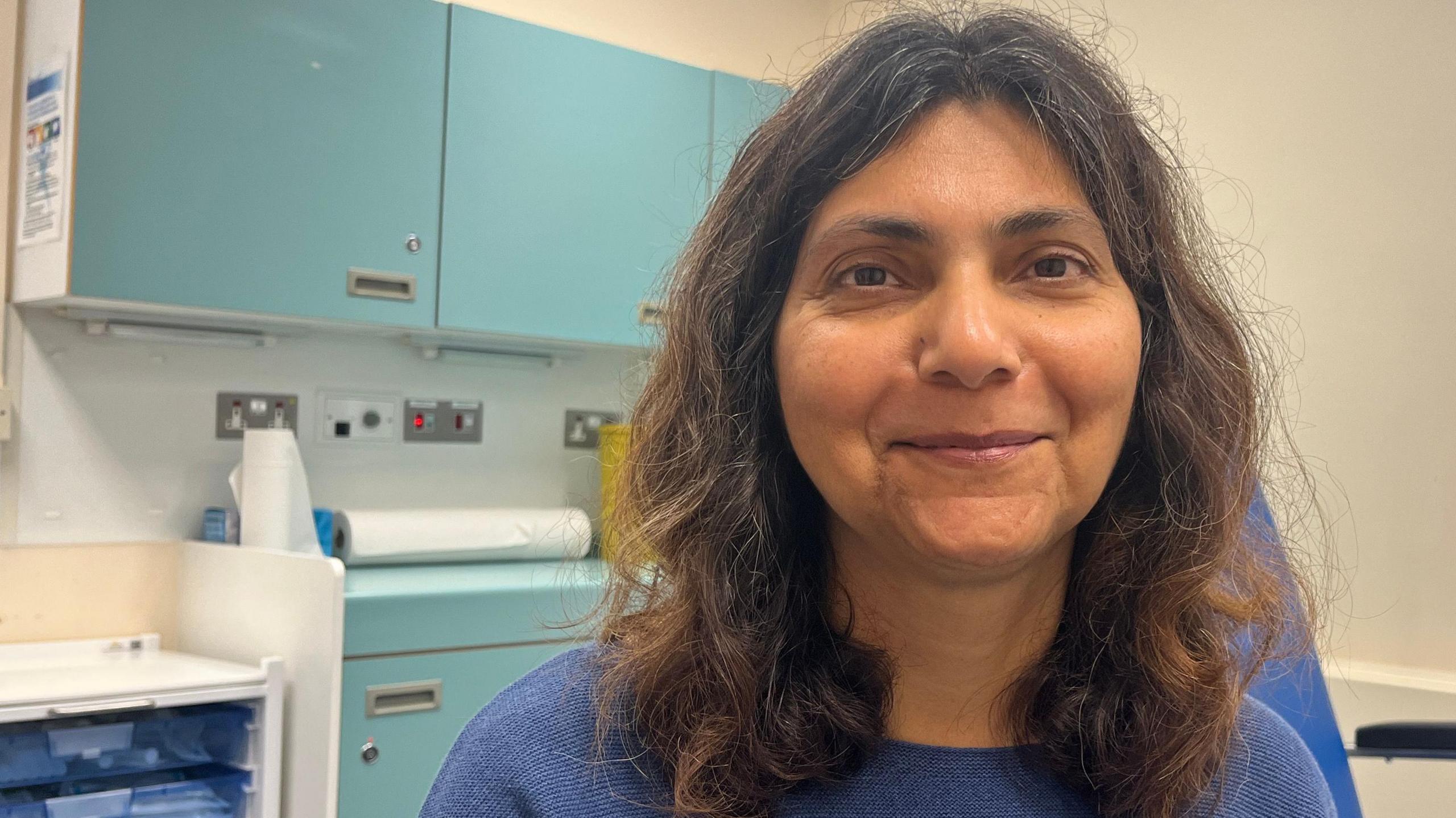
Dr Pallavi Devulapalli said she was not concerned about the level of nitrates in tap water
Downham Market GP and West Norfolk Independent councillor Dr Pallavi Devulapalli believes it is "extremely unlikely" the nitrate levels could cause a risk to public health.
She said: "Nitrates can get into our bloodstream if we drink water that contains too much of them, and that can result in methaemoglobinaemia, which is essentially slightly blue blood, reducing the capacity of the blood to carry oxygen around the body.
"They did precautionary tests and found there was a potential for nitrate contamination and were putting measures in place to stop it happening."
The DWI said this health condition occurred when nitrate intake was "very high".
The last recorded case of methaemoglobinaemia in the United Kingdom was in the 1950s.
What is Anglian Water proposing to do?
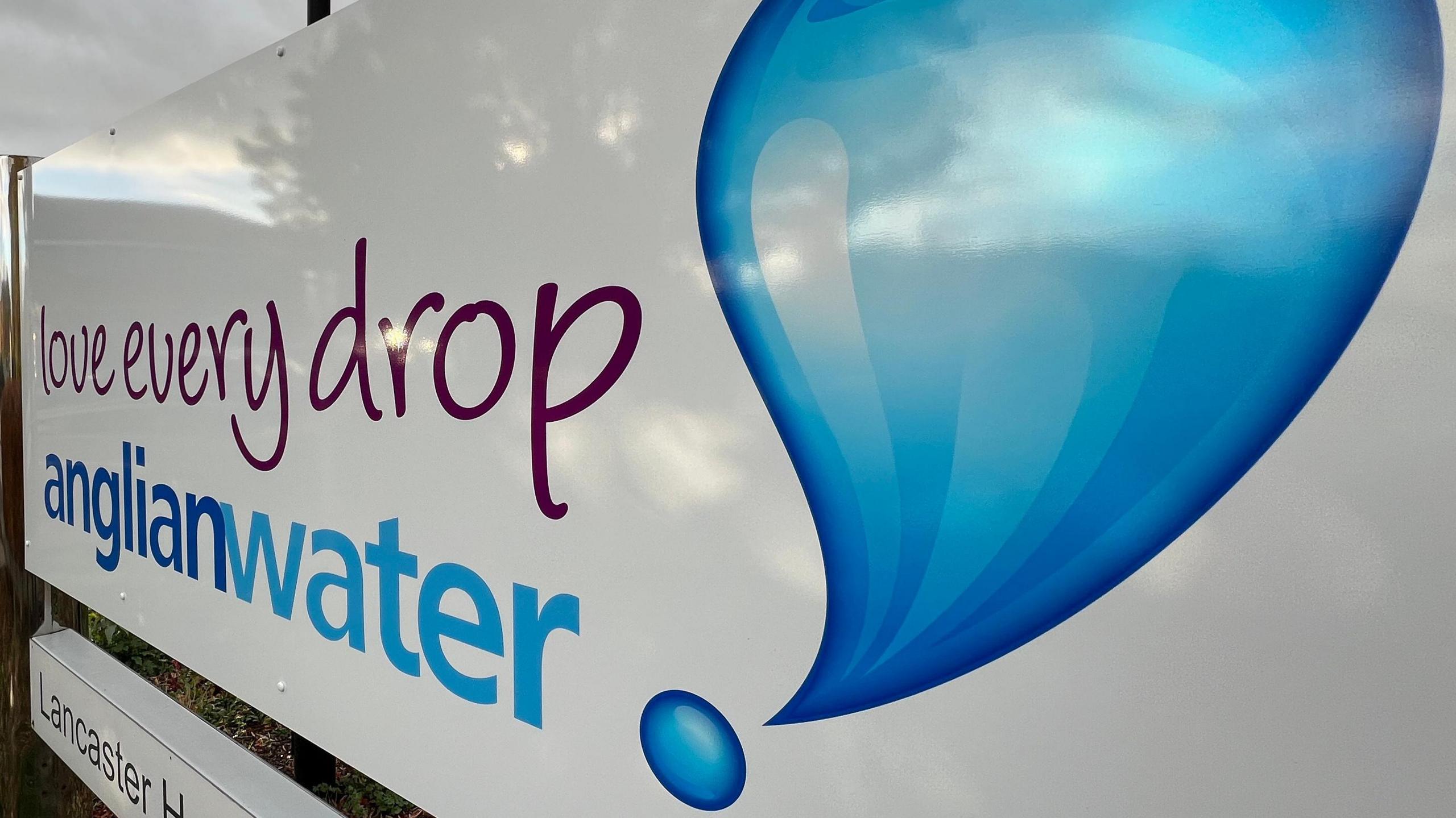
Anglian Water said improvements at the sites would be completed by 2029
Anglian Water's business plan states it is going to invest almost £50m into its seven existing water treatment sites in Marham, Congham, Ryston, Houghton St Giles, Ringstead, Lyng Forge and North Pickenham.
Work on the sites is expected to be completed by 2029.
The water company said it had seen rising nitrate levels in raw water prior to treatment and saw the improvements as a way of being able to proactively maintain its current compliance in treated water.
It said: "We're working with landowners on long-term solutions to reduce nitrates at the source, but at the same time we're proactively investing in new solutions to remove nitrates through our treatment processes.
"This investment is all about acting early to ensure we keep ahead of emerging challenges so we can continue to keep nitrate levels in drinking water within safe limits."
Is our tap water safe to drink?
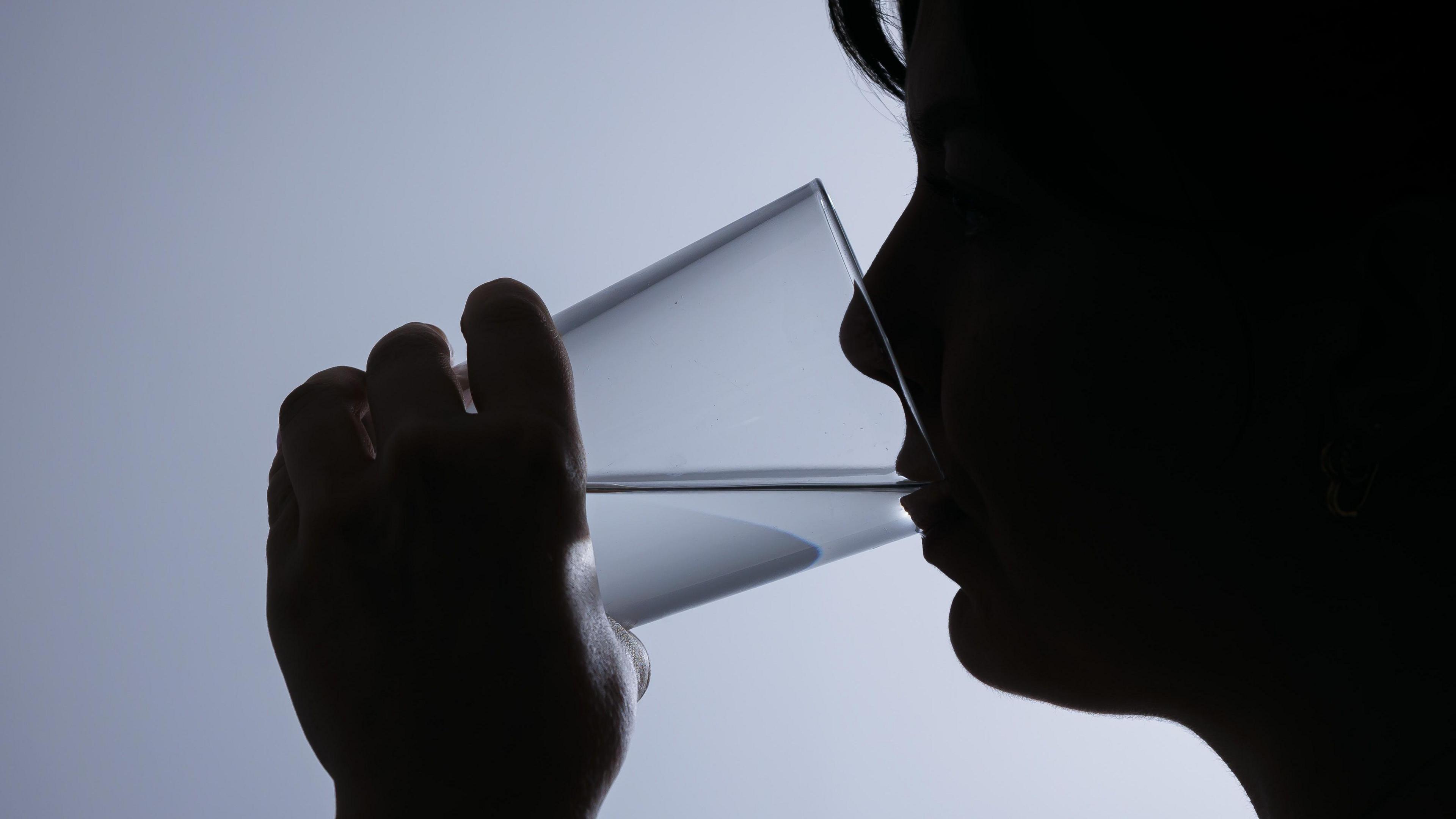
Anglian Water said supplies from the sites "continued to meet all drinking water quality standards"
The DWI says water companies are required to monitor their sources for nitrate and take action where levels are increasing.
It said: "In this case, Anglian Water identified rising nitrate trends and, as part of its business plan, proposed an improvement scheme to manage the risk.
"This is a proactive measure and does not indicate that drinking water is currently unsafe. Notices issued through the periodic review process are intended to ensure supplies remain safe and compliant over the long term."
It said breaches must be reported so it could be assessed whether public health had been protected and if the company had met its legal duties.
Anglian Water said: "We closely monitor the quality of our drinking water, and the treated water we supply continues to meet all drinking water quality standards."
Get in touch
Do you have a story suggestion for Norfolk?
Follow Norfolk news on BBC Sounds, Facebook, external, Instagram, external and X, external.
Related topics
- Published18 June
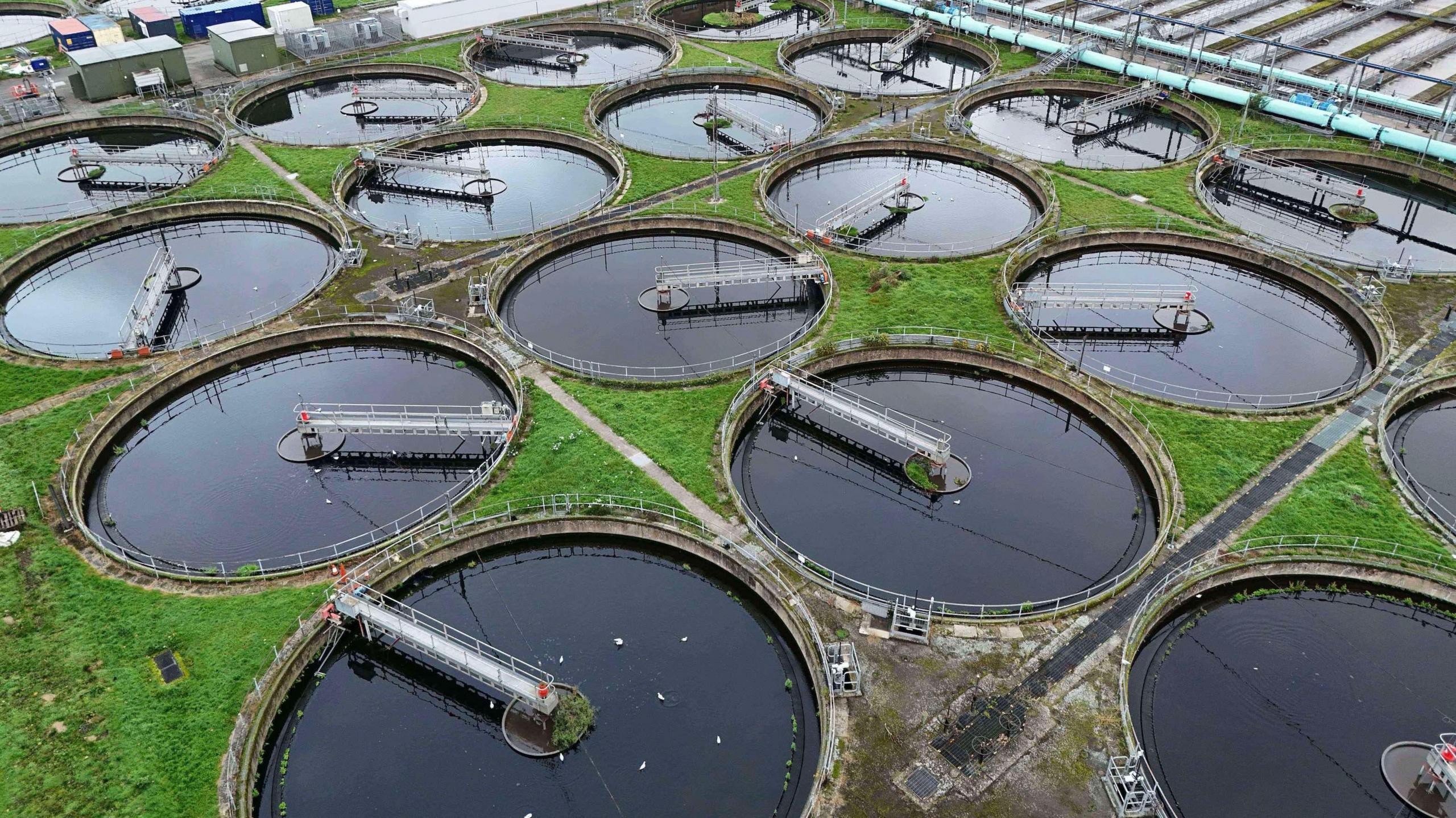
- Published18 May
